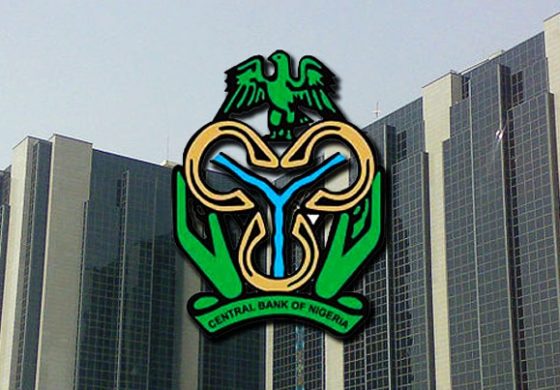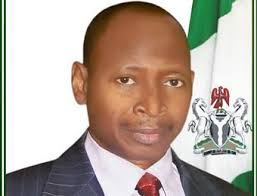The Monetary Policy Committee (MPC) of the Central Bank of Nigeria (CBN) rose from its two-day meeting in Abuja on Friday with a decision to retain all the key benchmark interest rates.
Specifically, the committee retained the Monetary Policy Rate (MPR) at 13.5 percent and other lending rate indices, including the asymmetric corridor around the MPR at +200 and -500 basis point while also sustaining the liquidity ratio at 30 percent and the Cash Reserve Ratio (CRR) at 22.5 percent.
The Governor of the apex bank, Godwin Emefiele, said at a media briefing in Abuja that the decisions of the committee were informed by it thorough evaluation of current developments in the domestic and international economic environments and the need to sustain financial system stability, thaw inflation rate and stimulate growth in key sectors of the economy.
He explained that the Committee evaluated developments in the global and domestic economies and examined the outlook for the rest of the year, noting further the buildup of vulnerabilities in major advanced economies and its spill-over to the Emerging Markets and Developing Economies (EMDEs).
At the domestic level, Emefiele said that the committee also observed that real Gross Domestic Product (GDP) grew by 1.94 per cent in the second quarter of 2019, compared with 2.10 and 1.50 per cent in the preceding and corresponding quarters, and noted the continued moderation in headline inflation (year-on-year) to 11.02 per cent in August 2019 from 11.08 per cent in July 2019 and the growth of broad money supply (M3) by 5.65 percent in August compared with the annualized rate of 8.48 per cent at the end of last year, amongst other micro and macro indices before taking its decisions.
Specifically, he reported that “in its considerations regarding the policy options to adopt, the MPC as usual, felt compelled to review the options of whether to tighten, hold or loosen. The Committee noted the positive moderation in inflation, though slowly from 11.08 per cent in July to 11.02 per cent in August 2019.
“Given that this was still above the target range of 6-9 per cent, and considering the pressure on reserve accretion caused by the relatively weak crude oil price, the MPC felt the imperative to tighten. On the contrary, the Committee was of the view that doing so in the midst of a fragile growth outlook would increase the cost of credit, and further contract investment and constrain output growth.
“On loosening, the Committee felt that this would result in increased system liquidity and hence, heighten inflationary tendencies in the economy. In particular, the MPC was of the view that loosening would drive growth in consumer credit but without a corresponding adjustment in real sector output. The Committee was also convinced that increased liquidity and interest rate moderation would result in exchange rate pressures as money supply rises.
“As regards the option to hold, the MPC opined that the option requires a clear understanding of the quantum and timing of liquidity injections into the economy, before deciding on possible adjustments to the stance of monetary policy. The Committee was also of the opinion that retaining the current position of policy offers pathways to appraising the effects of the suit of heterodox monetary policy to encourage credit delivery to the real sector, especially in the light of the subsisting implementation of the Loan-to-Deposit Ratio policy.
“In view of the foregoing, the Committee decided by a unanimous vote to retain the Monetary Policy Rate (MPR) at 13.5 per cent and to hold all other policy parameters constant”, Emefiele added.



